Dr. King, whom we honor on January 20, 2025, is presumptively the best-known face of the Civil (and Human) Rights Movement. He brought his carefully considered religious beliefs and applied them first to the savage racism primarily of the South and later the class struggle of all in this country to get out of poverty against a system that was weighted against them. In addition, he applied the nonviolent aspects of Mahatma Ghandi to both the racial and the class struggles that he championed. Celebration and recognition of his life and work became a National Holiday in a bill signed by then-President Ronald Reagan on November 2, 1983, fifteen years after King’s tragic assassination at age 39. It’s designated to be the third Monday in January. While Dr. King is most associated with the Civil Rights Movement, his later work focused on poverty of all and the systemic factors creating such inequality of wealth; as much an issue for whites as for Blacks and others of color.
Nevertheless, it was the violence and inhumanity of Southern racism in the United States that brought him into an activist role initially.
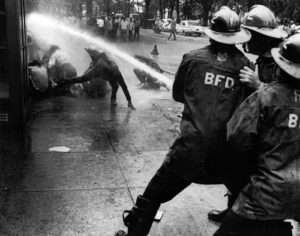
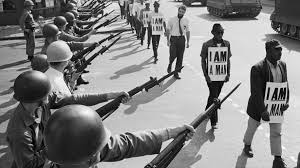
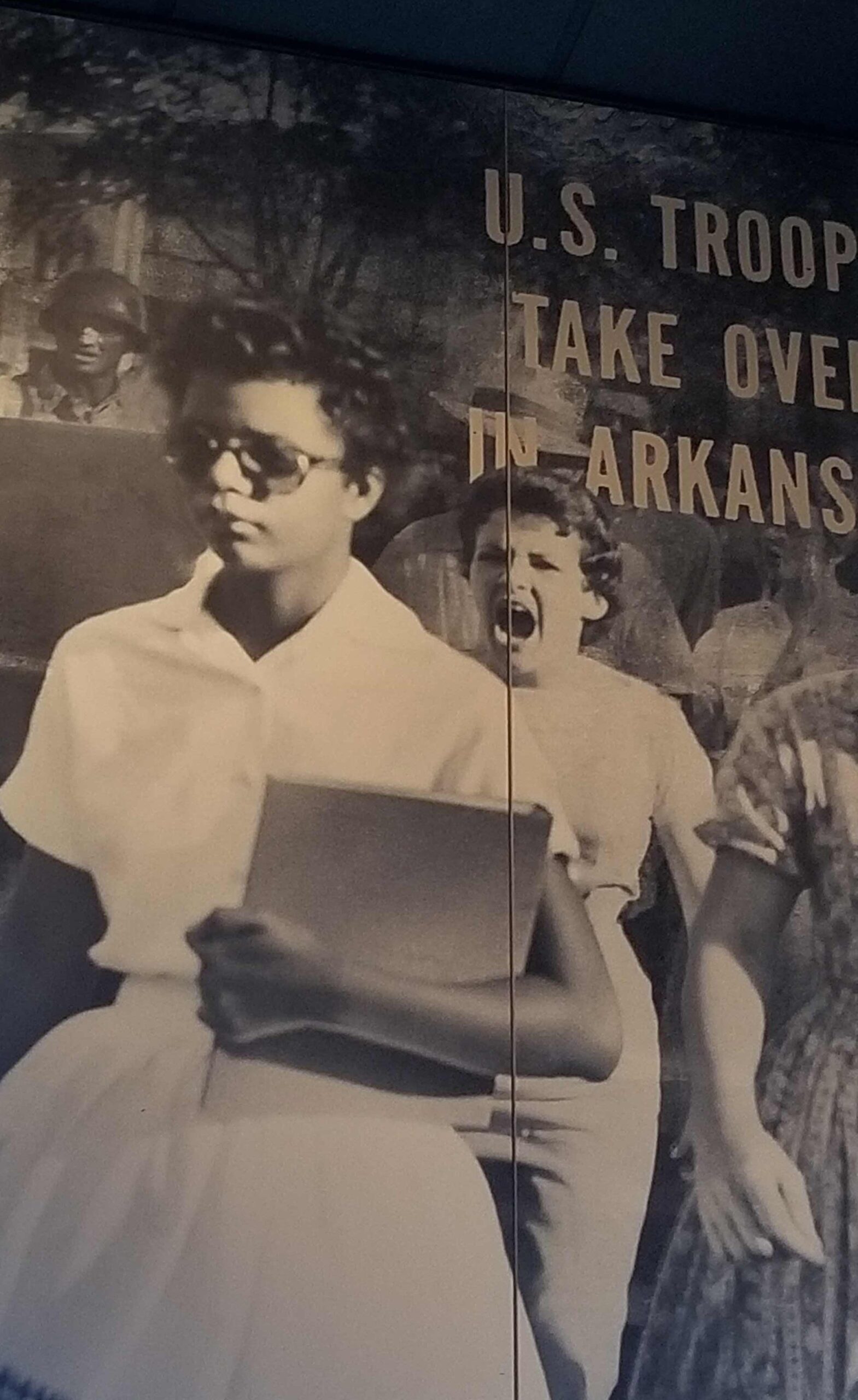
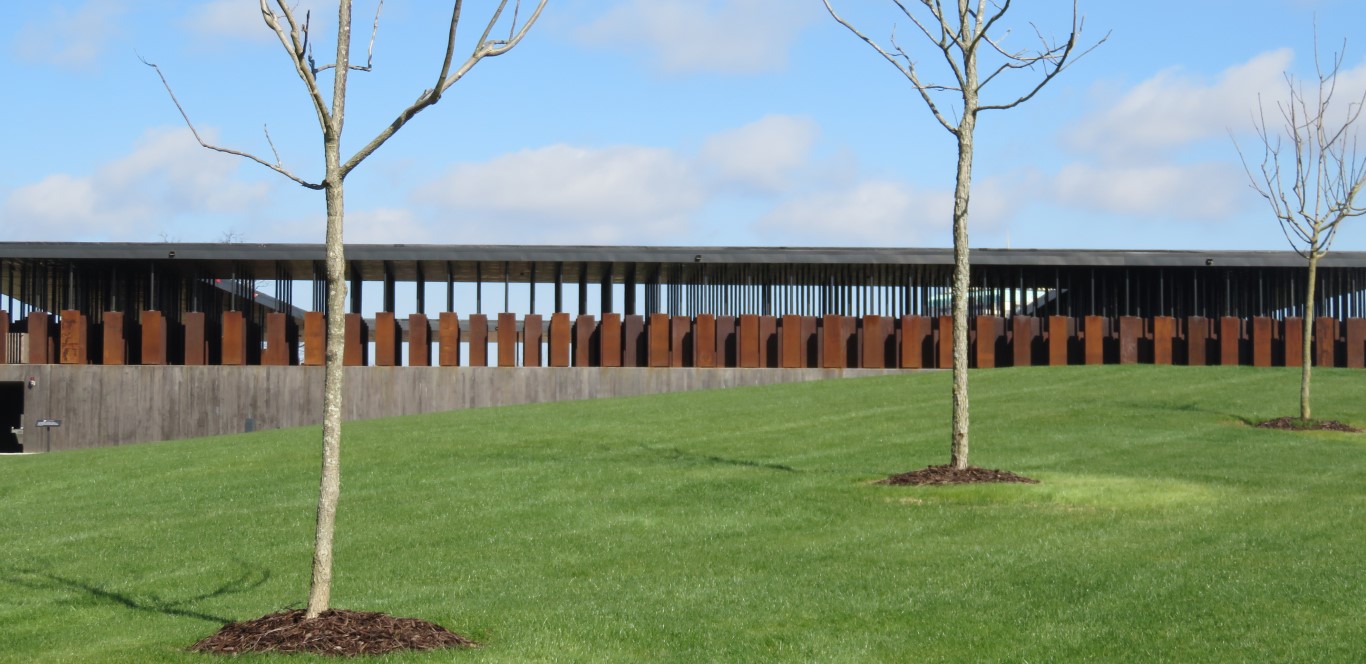
Informally called the Lynching Monument, this is The National Memorial for Peace and Justice. This part includes over 800 steel monuments, one for each county where the documented lynchings of more than 4,000 African American men, women, and children occurred between 1877 and 1950. I found 3 counties in my current home state of Colorado in which there were lynchings.
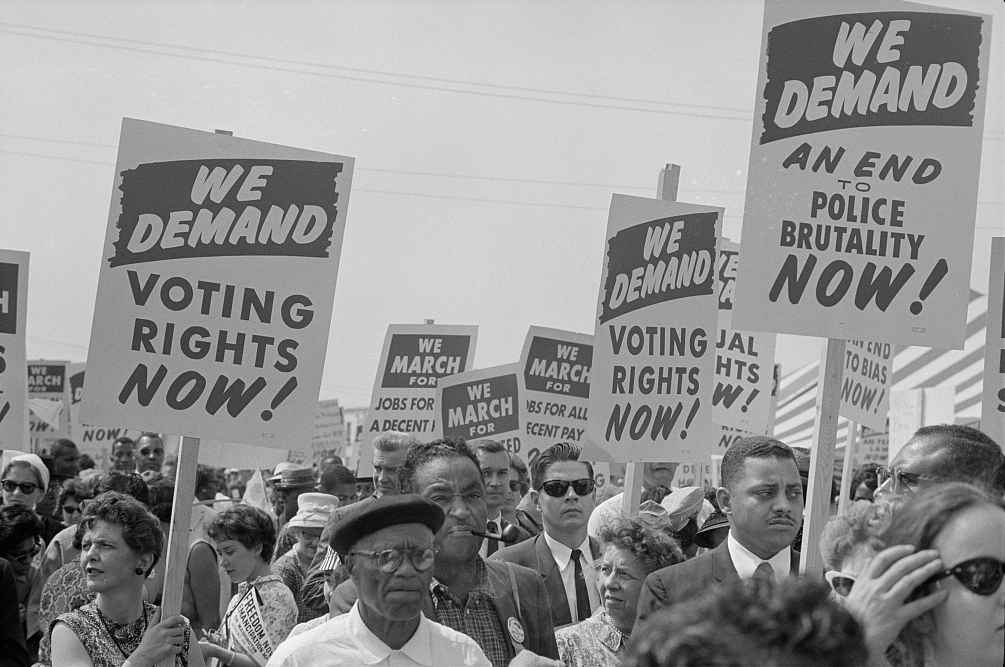
Dr. King’s formal education included a Bachelor of Arts degree in Sociology from Morehouse College, Bachelor of Divinity from Crozier Theological Seminary, and Doctor of Philosophy from Boston University. During his theological studies, he wrestled with formulating his concept of God. Although he did not turn his back on the existence of a wrathful God, his emphasis was on a God of love for all, but also a personal God, enforced by his relationships with older Black Christians, his culture and upbringing, and his personal, agonizing moments during his activist work. His religious beliefs made concrete his strong belief in the equality of all people.
Dr. King was a Baptist minister, ordained at Ebenezer Baptist Church in Atlanta, Georgia in 1948. He served as pastor at Dexter Avenue Baptist Church in Montgomery, Alabama from 1954–1959. He later returned to Ebenezer Baptist Church as co-pastor with his father, Martin Luther King, Sr., until MLK, Jr.’s assassination in 1968.
Dr. King followed in his father’s footsteps not only in his career choice, but in his interest in activism for the Black community. His father was head of the NAACP in Atlanta, GA and was involved in a variety of issues there.
In his autobiography, he explains that as a child when his mother “tried to explain the divided system of the South—the segregated schools, restaurants, theaters, housing; the white and colored signs on drinking fountains, waiting rooms, lavatories [she did so] as a social condition rather than a natural order. She made it clear that she opposed this system and that I must never allow it to make me feel inferior.”
A story he tells of his father in the same autobiography occurred this way:
I remember a trip to a downtown shoe store with Father when I was still small. We had sat down in the first empty seats at the front of the store. A young white clerk came up and murmured politely:
“I’ll be happy to wait on you if you’ll just move to those seats in the rear.”
Dad immediately retorted, “There’s nothing wrong with these seats. We’re quite comfortable here.”
“Sorry,” said the clerk, “but you’ll have to move.”
“We’ll either buy shoes sitting here,” my father retorted, “or we won’t buy shoes at all.”
Whereupon he took me by the hand and walked out of the store. This was the first time I had seen Dad so furious. That experience revealed to me at a very early age that my father had not adjusted to the system, and he played a great part in shaping my conscience. I still remember walking down the street beside him as he muttered, “I don’t care how long I have to live with this system, I will never accept it.”
These anecdotes and more can be found at this link, request the book at your local library, or buy it from your favorite ‘indie’ bookstore:
“Through our scientific means we have made of the world a neighborhood and now the challenge confronts us through our moral and spiritual means to make of it a brotherhood [community]. We must live together, we are not independent we are interdependent. We are all involved in a single process. Whatever affects one directly affects all indirectly for we are tied together in a single progress….An individual has not started living until [they] can rise above the narrow confines of [their] individualistic concerns to the broader concerns of all humanity.”
Martin Luther King, Jr., August 11, 1956, “The Birth of a New Age” speech
An interesting side note on the politics of the Baptist church in the U.S., is their strong belief in separation of church and state. The Danbury Baptist Association of Danbury, Connecticut sent a letter, dated October 7, 1801, to the newly elected President Thomas Jefferson, expressing concern over the lack in their state constitution of explicit protection of religious liberty, and against a government establishment of religion.
“Our sentiments are uniformly on the side of religious liberty: that Religion is at all times and places a matter between God and individuals, that no man ought to suffer in name, person, or effects on account of his religious opinions, [and] that the legitimate power of civil government extends no further than to punish the man who works ill to his neighbor.”
Jefferson’s reply is often quoted; I have done so myself. He wholeheartedly concurs with the Danbury Baptists that church and state must be separate. The Baptists in this country, even when the country, itself, was quite new, were the first organized religion to stand up for separation of church and state. As a Baptist minister, King continued in a strong belief of that doctrine.
For more information on Dr. King’s religious beliefs:
See the essay available online, excerpted from the chapter “King’s Conception of God” in God and Human Dignity: The Personalism, Theology, and Ethics of Martin Luther King, Jr. It is part of an ongoing collaboration with the University of Notre Dame Press. All rights reserved. https://churchlifejournal.nd.edu/articles/martin-luther-king-jr-s-conception-of-god/
For more information on the Danbury Baptist Association and their connection with Thomas Jefferson’s role in defining what became the First Amendment dealing with separation of church and state and freedom of religion, see: https://www.danburyinstitute.org/history
